Self-Assessment – What Not To Do
If you are self-employed, you would have received the brown envelope from HMRC reminding you that it is TIME – time to file yet another tax return. Funny, how quickly a year can fly by!
Now that you have cleared a weekend to sort it all out (or at least put a date in your diary to get it sorted!), let’s have a look at what you shouldn’t do this year when dealing with your tax return.
Firstly, do not wait until the last minute and miss the deadline.
An online version of the tax return can be completed and submitted electronically allowing you until 31 January to file it with HMRC. The paper version needs to be submitted by 31 October following the end of the tax year. However this will not be an option for too much longer. HMRC are on a path of digitalising tax system with the first step being VAT returns and other taxes will be next.
If you do miss your deadline, the penalties are harsh:
- A £100 penalty for missing the filing deadline
- For returns over 3 months late – an additional daily penalty of £10 per day up to a 90 day maximum of £900
- For returns over 6 months late – an additional £300 or 5% of the tax due if this is higher
- For returns over 12 months late- a further £300 or 5% of the tax due if this is higher. In serious cases the penalty could be up to 100%of the tax due instead.
- Interest is payable on late payment of tax at a rate of 3.0%.
Secondly, do not claim expenses which are not tax deductible.
Expenses included in your trading profit calculation must be wholly and exclusively for business purposes. When adding up your expenses do not include disallowable items. We have put together some examples, however you should consider each expense and the purpose for which it has been incurred before deducting it from your trading income.
Do not include these expenses:
- Customer gifts if it doesn’t contain a conspicious advertisement, it is over £50 per customer per year and food, drink or tabacco gifts.
- Client entertainment expenses such as restaurant bills, drinks or coffee receipts incurred at a meeting with your client or business contact
- Fines and penalties such as HMRC penalties or other governing body fines, for example parking fine
- Asset depreciation
- Your own drawings – what you take from your business as a ‘salary’ comes from the profits and is not regarded as business expense
- Lunch expenses, unless you were travelling away for business and it can be regarded as subsistence
- Clothes to wear to work for example smart office wear or a suit. You can however claim for protective clothing or uniform costs.
If you are employed, there might be expenses you can claim through your self-assessment tax return if these have not been reimbursed by your employer. What tax relief you can claim for your job expenses can be found on HMRC website here.
If you need help with your self-assessment, an ICB qualified bookkeeper can help you and guide you through it. Get in touch for a chat about how we could help.




